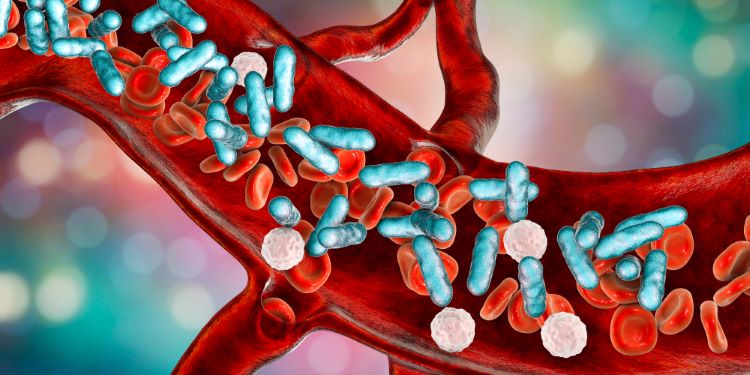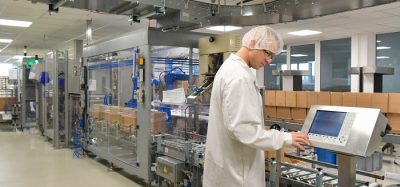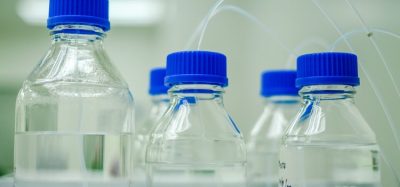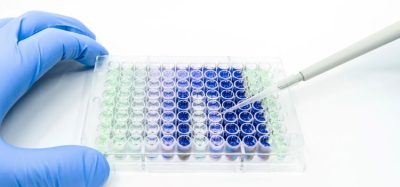Potential treatment identified for septic patients
Posted: 17 January 2023 | Catherine Eckford (European Pharmaceutical Review) | No comments yet
CER-001 is a potentially game-changing treatment for septic patients at high risk of acute kidney injury, suggested a ABIONYX Pharma VP.


A Phase IIa pilot trial of CER-001 showed for the first time in a human pilot trial, that recovery of a normal protein apolipoprotein A-I (apoA-I) level in patients stop the cytokine storm and improve clinical outcomes. CER-001 is the only natural recombinant apoA-I for septic patients at high risk of acute kidney injury (AKI).
There are there currently no approved treatments for septic patients in the world.
“CER001 was significantly able to scavenge endotoxins, modulate the cytokine storm, and provide endothelial protection,” stated Professor Loreto Gesualdo, Head of the Nephrology, Dialysis and Transplantation Unit, University of Bari Aldo Moro, Italy, and lead investigator of the RACERS study.
Gesualdo added: “The trend observed in reducing renal damage, the need for organ support and ICU-day stay underscores the potential clinical significance of these results.”
Pilot study of CER-001 for septic patients at high risk for AKI
The main objective of the study was to investigate the safety and efficiency of CER-001 at different doses, in combination with SOC treatment. The study aimed to reduce the inflammatory response to endotoxin and preventing the progression to AKI according to KDIGO (Kidney Disease: Improving Global Outcomes) criteria.
One of the metabolic characteristics of bacterial (like sepsis) or virus infections (like sars-Cov2) is the strong decrease of circulating lipoprotein and particularly the High-Density Lipoprotein (HDL) with its main containing apoA-I.
In the trial, ABIONYX Pharma aimed to restore apoA-I levels. Connie Peyrottes, Senior VP clinical development at ABIONYX Pharma added: “… our apoA-I bioproduct can target multiple facets of septic disease, rather than focusing on a single step in the inflammatory process.”
The RACERS study included 20 patients with gram-negative sepsis at high risk for AKI due to high levels of endotoxin activity and decline in function of one or more organ systems. Patients received either standard of care (SOC), or in combination with one of three dosage regimens of CER-001.
Key results from the CER-001 RACERS study
- CER001 demonstrated rapid and sustained reduction in endotoxin levels and consequent reduction in the inflammatory cascade or ‘cytokine storm’ relative to SOC alone
- Endothelial biomarkers demonstrated a significant protective effect of CER-001
- Trends showed improved 30-day survival.
The observed safety and efficacy in RACERS were generally consistent with historical data including clinical results for CER-001 in COVID-19 that were published in Frontiers in Medicine in September 2022.
Peyrottes concluded: “The positive results from this Phase IIa trial show CER-001 has the potential to be a gamechanger for critical illnesses marked by inflammation and organ failure across different high mortality clinical indications which continue to have high unmet medical needs.”
Related topics
Biopharmaceuticals, Clinical Development, Clinical Trials, Drug Development, Drug Safety, Endotoxin, Proteins, Research & Development (R&D), Therapeutics
Related organisations
Related drugs
Related people
Related diseases & conditions
Acute kidney injury (AKI), Cytokine storm, inflammation, Sepsis









